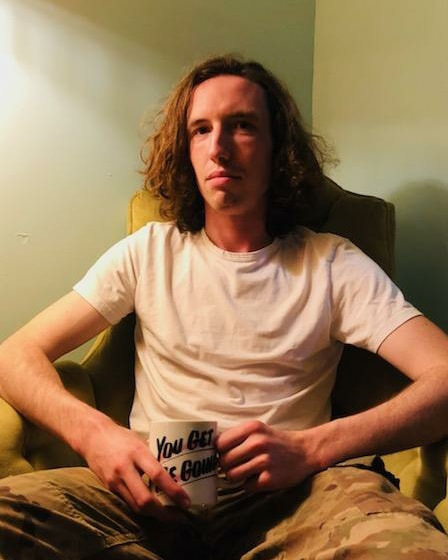Rock! Paper! Scissors!
Tools for anarchist + Christian thought and action
Vol 3. No. 1
Exit Left: Fugitivity and Destituent Power
Exit Left: Fugitivity and Destituent Power
Guest editor: Katrina Kniss


 RSS Feed
RSS Feed